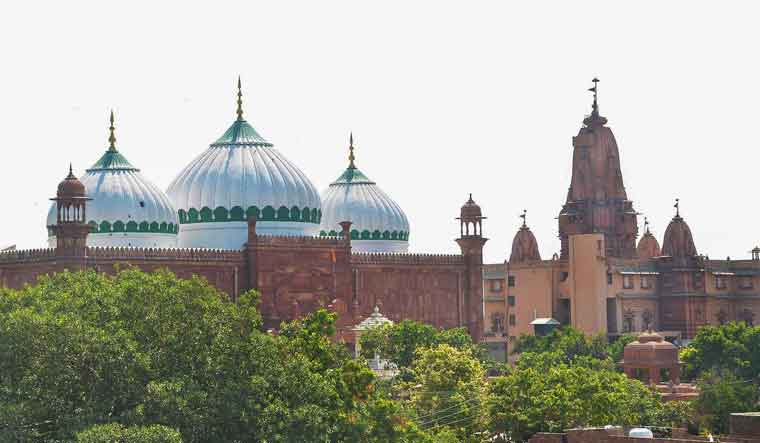In a recent development, the Supreme Court has taken a decisive step by ordering a status quo on the railway authorities’ demolition drive, which aimed to clear illegal structures near the sacred site of Krishna Janmabhoomi in Uttar Pradesh’s Mathura. The apex court, in its notice to the central government and Indian Railways, has commanded that the subject premises remain untouched for a period of 10 days. This decision comes after the petitioner Yakub Shah’s lawyer informed the three-judge bench, led by Justice Aniruddha Bose, that a substantial number of houses have already been demolished, with only 70 to 80 houses still standing.
Expressing concern over the timing of the demolition, the petitioner’s lawyer highlighted that the authorities executed the operation on a day when Uttar Pradesh courts were closed, possibly minimizing any immediate legal response. He further underscored the dire consequences of the drive, emphasizing that around 3,000 families, many of whom have resided in the area for over a century, will be adversely affected.
The court has been urged to intervene, particularly due to the alleged strategic timing of the railway authorities’ actions. The authorities claim that the demolition drive was initiated to free up land for the conversion of the Mathura-Vrindavan narrow gauge railway to a broad gauge one.
This ruling follows closely after the Shri Krishna Janma Mukti Nirman Trust’s plea to the Supreme Court. The Trust sought a survey of the Shahi Idgah mosque situated near the Mathura temple, but the Allahabad High Court had previously rejected this request. As the legal battle intensifies and its implications ripple through the Mathura-Vrindavan region, the apex court’s decision to impose a status quo signifies a pivotal juncture in this ongoing dispute.
Stay informed about the evolving situation as legal proceedings continue to unfold in the Krishna Janmabhoomi demolition case, and its broader implications for the sacred region of Mathura-Vrindavan.


